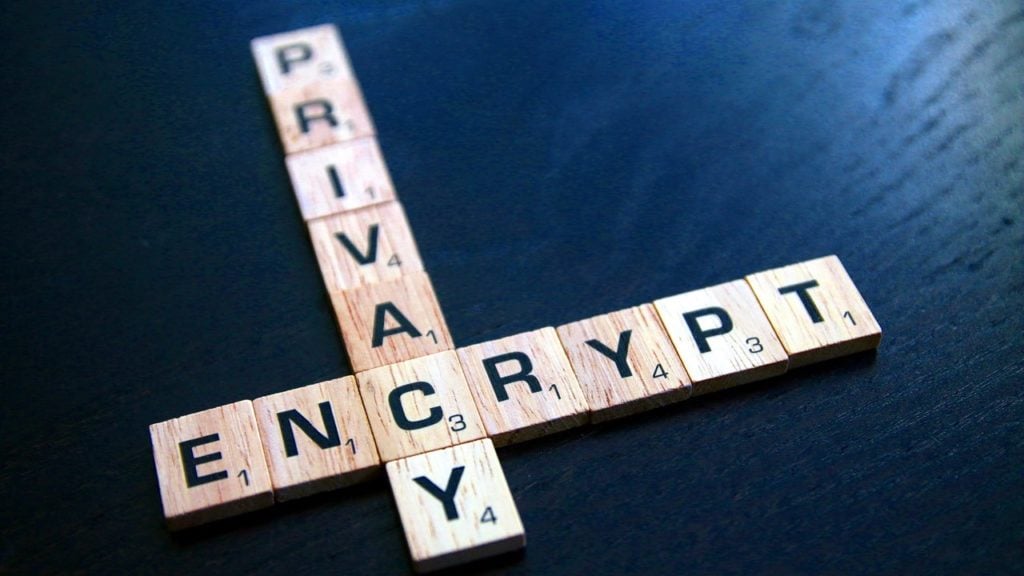Meta-owned WhatsApp has taken a hard stance against the Indian government, saying that the company will pack up its operations in the country if asked to break the encryption. The tech giant is challenging the IT (Intermediary Guidelines and Digital Media Ethics Code) Rules 2021 in the Delhi High Court.
WhatsApp and Meta have specifically challenged Rule 4(2) of the 2021 IT Rules. This rule requires “significant social media intermediaries” primarily offering messaging services to facilitate the identification of the first originator of information, as may be necessary under a court order or an order from the competent authority, as per the IT (Procedure and Safeguards for interception, monitoring and decryption of information) Rules from 2009.
WhatsApp added the end-to-end encryption functionality for private chats in 2021 for iOS and Android users.
During the proceedings, the counsel representing WhatsApp highlighted concerns about the implications of this rule. They emphasised that the rule would necessitate breaking encryption, a key feature of WhatsApp that users rely on for privacy. The legal counsel also expressed apprehension about storing vast amounts of messages for extended periods, citing challenges in managing such data without defined limits.
“People use WhatsApp only because of its encryption. Now by implementing this rule, we will have to break the encryption. Otherwise, it won’t be possible to trace the originator. Billions and billions of messages may have to be stored for ‘n’ number of years, because there is no limit here,” argued Tejas Karia, appearing for WhatsApp.

The counsel pointed out the delicate balance between privacy rights and the government’s legitimate interests, such as national security concerns related to identifying malicious actors like terrorists. Furthermore, the advocate said that the court should assess the constitutional validity of this rule, considering factors like proportionality and the impact on fundamental rights.
Referring to the Supreme Court’s precedent on privacy as a fundamental right in the Puttaswamy case in 2017. In this case, a nine-judge bench ruled that the right to privacy is an intrinsic part of the right to life and personal liberty under Article 21.
Consequently, the bench scheduled the next hearing for August 14, awaiting the transfer of related petitions for consolidated adjudication.
The bench also inquired about global precedents regarding similar rules, to which the petitioner’s counsel noted the absence of such regulations elsewhere in the world. However, several countries have tried to do so in the past.
In October 2023, reports came out that the Indian government is preparing a law requiring WhatsApp to share information about the message’s first source ID, citing the increasing number of deepfakes being shared.
In the News: Dormant PlugX malware still infects millions of IP addresses






